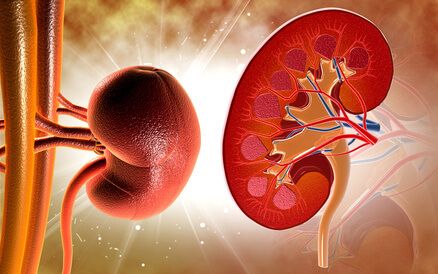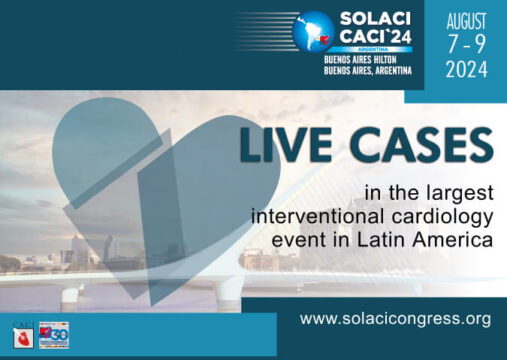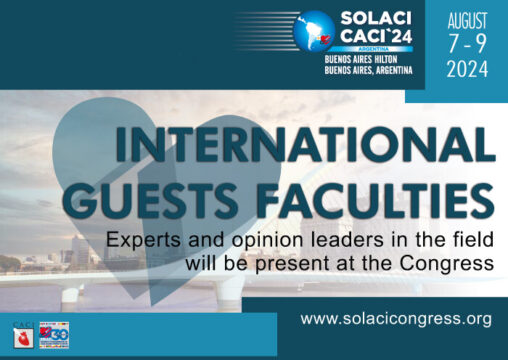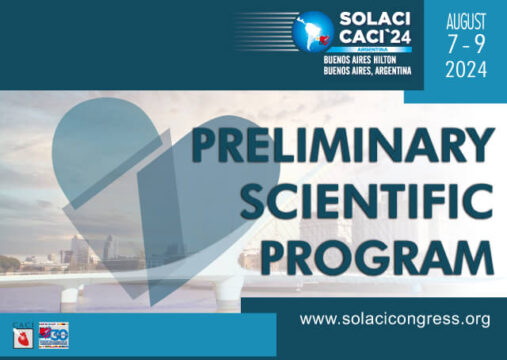The benefit was dose-dependent reduction, regardless the presence of absence of baseline cardiac failure.

The difference between Canakinumab and placebo was significant only in patients with < 2 mg/L baseline concentrations of hsCRP.
This is the first time an anti-inflammatory drug, specifically an IL-1β inhibitor, has been shown effective against affect cardiac failure.
Leia também: AHA 2018 | Use of Balloon Counterpulsation According to IABP-SHOCK II Trial.
The Cantos trial randomized 10061 patients with prior myocardial infarction and hsCRP ≥ 2 mg/L to canakinumab 50 mg, 150 mg, 300 mg, or placebo, given subcutaneously once every three months.
2173 (22%) reported a history of cardiac failure at baseline. During a median follow up of 3.7 years, 385 patients were hospitalized at least once for cardiac failure. These in general were older, had higher body mass index, and more often had diabetes, hypertension, and prior coronary bypass surgery.
Dose-dependent reduction of hospitalization due to heart failure was the same for all patients regardless a history of cardiac failure.
Leia também: AHA 2018 | Endocarditis Prophylaxis More Limited after AHA 2007 Guidelines.
Patients in the placebo group showed similar result to hsCRP ≥ 2 mg/L patients.
The cost of this new drug exceeds its results by far. In the United States, annual treatment with Canakinumab is around 200,000 $.
Original title: Anti-inflammatory therapy with canakinumab for the prevention of hospitalization for heart failure.
Reference: Everett BM et al. Circulation. 2018; Epub ahead of print.
Subscribe to our weekly newsletter
Get the latest scientific articles on interventional cardiology
We are interested in your opinion. Please, leave your comments, thoughts, questions, etc., below. They will be most welcome.





